Into the Darkness:
An Uncensored Report from
Inside the Third Reich at War
by Lothrop Stoddard
Chapter 4: Junketing Through Germany
At the very first press conference I attended at the Propaganda Ministry we were informed that a trip was being arranged for foreign correspondents and all who wished to go were asked to register. It was to be a three-day journey through Central Germany and the northern Rhineland. Its purpose was to observe the “Inner Front“; how the peasants and industrial workers were doing their bit to carry on the war.
“I advise you to come along,” said an American colleague with whom I sat. “I can’t vouch for how much they’ll show us, but you’ll see quite a bit of the country, and then you’ll get to know a good many of the press corps. That alone should make the trip worth while for you.”
Accordingly, the fourth day after my arrival in Berlin found me ready to take the road again. Noon saw about forty journalists assembled with light luggage at the Propaganda Ministry. Ours was a cosmopolitan group, drawn mostly from European lands, together with five Americans, two Japanese, and an Egyptian with crinkly hair and complexion cafe au lait. A lone Danish lady journalist, rather pretty and on the bright side of thirty, had ventured to join this phalanx of masculinity. Having observed her at several press conferences, I judged her capable of taking care of herself in any circumstances likely to arise.
We were welcomed by a bevy of officials, some of whom would accompany us. After a fulsome speech, our itinerary was read out, telling just where we were going and what we were to see and do. Before starting on a sightseeing trip, Germans apparently like to have everything worked out down to the last detail. Good staff work, yet sometimes a bit trying; since, under no circumstances, can there be the slightest deviation from the plan prescribed.
After the oratory had ended we were bidden to fall to on several platters heaped high with sandwiches, which graced the long table about which we were standing. One of the things you quickly learn in Germany is to eat whenever eatables come your way. Food restrictions and uncertainties soon develop in you a sort of psychological hunger which is never wholly out of your mind. So we did full justice to this buffet lunch.
1940s era German buses
Leaving the festive board we descended to the street, where we found awaiting us two enormous sightseeing buses into which we climbed. We Americans had kept together, so we were all seated in Bus Number One. Near me were seated a Belgian, a Dutch, and a Hungarian journalist. Swinging out by Unter den Linden and thence to Potsdam, we presently found ourselves on one of the Third Reich’s famous motor roads. Mile on mile the twin ribbons of concrete stretched before us, separated always by a broad grassy strip. No crossings to look out for, since all intersecting roads and railways are taken care of by over or underpass. Yet this magnificent highway was virtually empty of traffic. With all private motoring forbidden, official cars, army camions or commercial trucks were almost its sole occupants.
An Autobahn
Every few miles I noted a combined restaurant and filling station tastefully built. About midafternoon we stopped at one of them for another meal. Incipient hunger was assuaged with hot frankfurters and sauerkraut, cold ham, cheese, and rye bread, washed down with plenty of schnapps and beer. Before proceeding on our way we were lined up before one of the buses and had our picture taken. Group photography is a German specialty, so this was repeated on every noteworthy occasion. Subsequently, each of us received the whole collection mounted in a handsome album, as a souvenir.
As our cavalcade rolled swiftly southwestward, the afternoon waned into misty twilight, and with the universal blackout we knew that there would be no bus lights for us. To brighten our spirits, a large carton in the rear of the bus was opened, revealing a case of brandy. Our hosts were indeed missing no opportunities to create a favorable impression. An attendant went up and down the aisle pouring drinks into paper cups. Pleased to find it was a good French brand, I expressed my appreciation to one of the Propaganda Ministry officials seated across the way. He smiled jovially, then winked, nodded toward the nearby carton, and whispered:
“Slip a bottle into your overcoat pocket while the going is good.”
Somebody started a song up ahead. The brandy was getting to work. My American seat mate slapped me on the knee.
“Looks like a good junket,” he chuckled somewhat cynically.
It was long after dark when our buses rolled through the blacked out streets of Weimar and halted before Haus Elefant. The Elephant House is the name of Weimar’s splendid new hotel. I understand it was built to accommodate the tourist trade to this picturesque old town, but now there are no tourists. That evening we were given a banquet presided over by the Gauleiter, or Provincial Governor of Thuringia, and attended by all the local Nazi notables. I sat next to him at table and thus had a chance to chat with him.
I liked that Gauleiter. He was very much a self-made man, having started as a sailor, literally “before the mast” on a windjammer. He was also self-educated, but he exemplified Lord Bacon’s dictum that much reading maketh a full man, because he had obviously digested his books. Although sincerely devoted to the Party’s program and policies, he did not parrot them forth in set phrases, as many Nazis do, but interpreted them with shrewd common sense.
I did not care much, however, for the other local notables. They looked to me like German equivalents of our own ward politicians. Few of them could have amounted to much before they landed a Party job. Even more revealing were their womenfolk, who joined us in the big hotel lounge for Ersatz coffee and liqueurs after the banquet was over. Most of them were pretentiously dowdy. They exemplified better than anything I had yet seen the fact that National Socialism is not merely a political and economic upheaval but a social revolution as well. To a very large extent it has brought the lower middle class into power. To be sure, one finds quite a few aristocrats and intellectuals in the Nazi regime.
Furthermore, there are plenty of Nazis sprung from peasant or worker stock, some of whom, like the Weimar Gauleiter, would rise in any society. Yet the lower middle class seems to be inordinately in evidence. One does not notice this so much in Berlin, because the ablest elements in the Party tend to gravitate to the seat of power. In the provinces the Spiessbuergertum comes much more to the front.
With our heavy schedule, we rose early and descended to an amazing breakfast for wartime Germany. I could hardly believe my eyes when they feasted themselves on plenteous eggs and butter unlimited. We were the guests of the Propaganda Ministry, so for us food restrictions were politely waived. One luxury, however, we did not get real coffee. That tabu was seemingly unbreakable.
With the inner man thus fortified we climbed into our buses, toured Weimar briefly to glimpse its historic sights, and took to the highroad once more. Just outside of town we were delayed by a long caravan of army trucks, crammed with everything from supplies and field kitchens to troops and machineguns. Flanked by convoys of sputtering motorcycles, they thundered endlessly past. Everything was slate gray.
The autobahn system in 1941 (click to enlarge)
All that morning we motored through the hills and valleys of Thuringia, a charming countryside dotted with mellow villages and clean little towns. Peasants and townsfolk alike looked well fed and warmly clad. The many children who waved to our passing were rosy cheeked and smiling. The day was unseasonably cold. Snow powdered even the lower hills.
Junketing through Germany
Shortly after noon we reached the Wartburg. For nearly two hours we were herded through the historic place like holiday trippers while we were shown every last detail down to the exact spot on the wall where Martin Luther’s inkstand is supposed to have missed the devil. I got distinctly bored. I wasn’t in Germany for sightseeing, and I knew the Wartburg of old. I wanted to be shown peasants, farms, dairies, cold storage plants the rural sector of that “Inner Front” we had heard so much about. But apparently we weren’t going to be shown.
Wartburg Castle overlooking Eisenach, Thuringia
I said as much to one of our official guides. He assured me that I would see peasants that very evening. It was all nicely arranged. So we rolled through country growing ever more hilly until darkness overtook us on the slopes of the Sauerland Mountains. Soon we arrived at what had originally been a large farmstead, now transformed into an inn. As we sat down to a bounteous country supper, in walked our peasants. They were the real articles, all right: sturdy, weather beaten men, washed and dressed up for the occasion yet still exhaling a faint aroma of livestock. A couple of them were assigned to each table, and I was fortunate enough to have a fine old fellow for my right-hand neighbor. In rural Germany they have a habit of sandwiching schnapps and beer, which makes a potent combination, and we soon got on famously. After several rounds, my companion waxed garrulous and began to air his views on several subjects, including the war. Before he had got far, however, a young servingman bent down and muttered in his ear:
“Gaffer, you’ve had a lot to drink. Bridle your tongue!”
Thereafter he kept to safer topics.
Farmstead in the Sauerland Mountains
In mid-evening we left our bucolic partners and motored on to a fine new winter sports hotel perched on the summit of the range, where we were to spend the night. Here winter had already come, though it was only the beginning of November. The ground was well covered with snow, and more was falling, whipped by a biting wind.
Next morning we were again up bright and early, and after another “off the record” breakfast our buses plowed through snow clogged mountain roads which wound downwards through fine forests until we emerged from the mountains and struck out into the Westphalian plains. Quaint timbered brick farmsteads and villages gave place to industrial towns until we were fairly into Germany’s “black country,” the industrial ganglion of the Rhineland, dotted with factories and murky with coal smoke. Snow had long since been left behind. The autumn day, as usual, was cloudy with spits of rain.
We grazed the outskirts of Cologne but got only a distant glimpse of its twin towered cathedral. Our destination was Duesseldorf, where we were promised the most interesting feature of the trip. This was a luncheon with the workers at the big Henkel Soap Products factory. We were to hobnob with them at their noon hour, share their food, and generally get acquainted. After the meal we and the workers were to be addressed by none other than Dr. Robert Ley, head of the Labor Front, the organization which welds all the workers of the Third Reich into a gigantic whole. A sort of Nazi One Big Union.
Henkel factory, Dusseldorf
With Teutonic punctuality, our buses drew up before the Henkel factory at precisely the appointed hour. After a brief reception by the managerial staff we repaired to the dining hall, an enormous place capable of holding over a thousand people. The workers, about equally divided between men and women, were already pouring in. They were in their work clothes; the men in dark overalls, the women mostly in smocks. They had evidently washed up for lunch, for all looked neat and clean. Besides, a soap factory ought not to be a very dirty place.
These working folk looked fairly healthy, though few of them had much color and many had pasty complexions. They seemed cheerful and smiled readily. I even noted some surreptitious sky larking between the young men and girls. However, it should be remembered that these were Rhinelanders, folk temperamentally freer and gayer than the stiff, dour Prussians to the eastward.
We journalists were mixed thoroughly with the workers. I sat at a table accommodating some twenty of them. Opposite me were three men: one a nondescript type, the second a hulking blond giant, the third a slim, darkish, handsome fellow who looked like a Frenchman. At my left hand sat a plain featured woman in middle life; at my right, a chunky little blonde girl in her late teens.
Hardly were we seated before a bevy of waitresses swept through the hall bearing large trays laden with plates of thick potato soup. The next course consisted of pork, red cabbage, and mixed vegetables, served in miniature platters with separate compartments. Slabs of rye bread went with the soup. It certainly was a hearty lunch, and well cooked. The meat gravy was good, and there was plenty of it. I could not finish all that was set before me.
My neighbors were obviously hungry and attended so strictly to the business of eating that conversation languished until toward the end of the meal. The girl beside me smilingly accepted one of my proffered cigarettes. Before I had time to invite the men across the table, each had produced a packet of his own and lit up. I then began asking a few tactful questions. They told me that this was an average luncheon, that they were working longer hours than before the war but were paid a bit extra for overtime, that part of the plant was being diverted to munitions, and that comparatively few men from the factory had as yet been called to the colors since so many of them were skilled workers. This was about all the information I got, since they were bent on asking me questions about America.
Suddenly a gong sounded and all eyes turned toward the center of the hall, where a rotund figure in a blue uniform had mounted one of the tables and was bowing smilingly to left and right in response to a growing ripple of applause. He was the great Dr. Ley. His rotund countenance was wreathed in smiles as he acknowledged the greeting.
Then he began speaking in a loud, rasping voice, addressing the assembled workers as “Soldiers of the Inner Front” and assuring them that their labors were as praiseworthy and vital to the conduct of the war as were deeds of valor on the battlefield. He then launched into a diatribe against England and its allegedly diabolical attempt to starve out the German people, including women and children, by the hunger blockade. A lurid picture of the terrible starvation years of the last war was followed by comforting reassurances that the Government had rendered such privations in the present struggle impossible because of careful preparations and methodical planning. Food cards might be annoying, but there was enough to go around and everyone, rich or poor, was assured of his or her rightful share. “This time,” he shouted, “we all eat out of the same dish!” He closed with an eloquent appeal to stand beside their inspired Fuehrer until complete and lasting victory had been won.
Dr. Robert Ley, leader of the German Labor Front (DAF)
It was a rousing speech, and it seemed to strike home. Those working folk listened with rapt attention, at the high points breaking into applause which was clearly spontaneous. Dr. Ley is obviously a good psychologist. He knows his audience. Certainly he was onto his job that day as head of the Labor Front.
When the speech was over and the workers had returned to their labors we correspondents were introduced to Dr. Ley and were then shown around the factory buildings in the usual detail. Needless to say, we did not see the munitions section to which my luncheon companion had casually alluded.
It was mid-afternoon when we reached our hotel, one of the best in the city. With nothing officially scheduled until dinnertime, a number of us strolled about town. One of my acquaintances had a severe head cold and needed to buy some handkerchiefs. He could not buy ordinary cotton or linen ones, because that required a local clothing card. However, he finally found some expensive silk handkerchiefs which were “card free,” because they were Luxuswaren luxury goods.
The dinner that night turned out to be a big banquet, with an excellent menu and vintage wines. Again the local Nazi notables were present, and they averaged better in appearance than those at Weimar. All but the Gauleiter. He was a distinctly sinister looking type; hard faced, with a cruel eye and a still crueler mouth. A sadist, if I ever saw one. I can imagine how unpopular he must be among the goodnatured, kindly Duesseldorfers.
The banquet was a lengthy affair, interspersed with speeches. Parenthetically, the German method of sandwiching food and speech seems to me a good idea; much better than our way of gobbling the entire menu and then sitting back to endure a long series of orations in a state of mingled repletion and boredom.
From the banquet room we descended to the blacked out street where, by the aid of electric torches, we got into our darkened buses and went some distance to witness a special entertainment given in our honor by the local organizations of Kraft durch Freude (Strength Through Joy). Later on I shall describe this characteristic institution of the Third Reich in some detail.
Strength Through Joy poster 1939
Kraft durch Freude (Strength Through Joy) symbol
Enough to say here that it is an elaborate system designed to brighten the lives of the working classes in various ways.
The program that evening, put on entirely by “local talent,” included choruses, group gymnastics, and vaudeville turns, most of the latter being pretty amateurish. The high spot in the program was a military band, which was really thrilling in its spirit and fire.
Next morning we could take things easy, since our train back to Berlin did not leave until noon. I therefore ordered breakfast served in my room, and received not merely eggs but a whole platter of cold meats as well. The Propaganda Ministry was evidently determined to make our trip enjoyable to the very end! Our homeward journey was uneventful. We had a special car, but the stern realities of life were brought back to us when we went into the diner and had once more to use our food cards to obtain a meager and expensive lunch. The train did not reach Berlin until after dark. It was a misty evening. When I emerged from the station, I literally could not see my hand before my face. Not a taxi was to be had, and I was far from my hotel, so I would have to go by subway. The Berlin subway system is a complicated network which needs some knowing before you can find your way about, and I had quite forgotten the combination, especially as several new lines had been built since I was last there years before. Fortunately a colleague was going my way and came to my rescue.
As I walked up the flights of steps from the subway, leaving behind me a brilliantly lighted station redolent of modernity’s inventive genius, and barged into primeval darkness, it seemed to me symbolic of what this war was doing to European civilization. This, I reflected, was no local blackout. It stretched like a vast pall over three great nations and might soon spread to other lands as well. “Where, and when, and how would it end?” I reflected as I picked my way through the gloom and finally stumbled into the lobby of the Adlon.
Map of Germany today (click to enlarge)
Map of Germany expansion in the 1930s (click to enlarge).
Click links to go2:
Chapter 1: The Shadow
Chapter 2: Berlin Blackout
Chapter 3: Getting on with the Job
Chapter 4: Junketing Through Germany
Chapter 5: This Detested War
Chapter 6: Vienna and Bratislava
Chapter 7: Iron Rations
Chapter 8: A Berlin Lady Goes to Market
Chapter 9: The Battle of the Land
Chapter 10: The Labor Front
Chapter 11: The Army of the Spade
Chapter 12: Hitler Youth
Chapter 13: Women of the Third Reich
Chapter 14: Behind the WinterHelp
Chapter 15: Socialized Health
Chapter 16: In a Eugenics Court
Chapter 17: I See Hitler
Chapter 18: MidWinter Berlin
Chapter 19: Berlin to Budapest
Chapter 20: The Party
Chapter 21: The Totalitarian State
Chapter 22: Closed Doors
Chapter 23: Out of the Shadow
Into the Darkness: Chapter 4 (PDF). >> Into The Darkness – Chapt 04 – Junketing Through Germany
Version History
Version 8: Nov 21, 2020. Re-uploaded images and PDF for katana17.com/wp/ version. Improved formatting. New cover.
Version 7: Jun 17, 2015. Formatting changes.
Version 6: Nov 28, 2014. Added PDF file (Ver 2) of this post.
Version 5: Mon, Jun 9, 2014. Added PDF file of this chapter for download
Version 4: Wed, Feb 5, 2014. Added Chapter links.
Version 3: Mon, Jan 27, 2014. Quoted text italicized.
Version 2: Published May 15 2013 – More pics added.
Version 1: Published May 11 2013 – Text and some pics added.

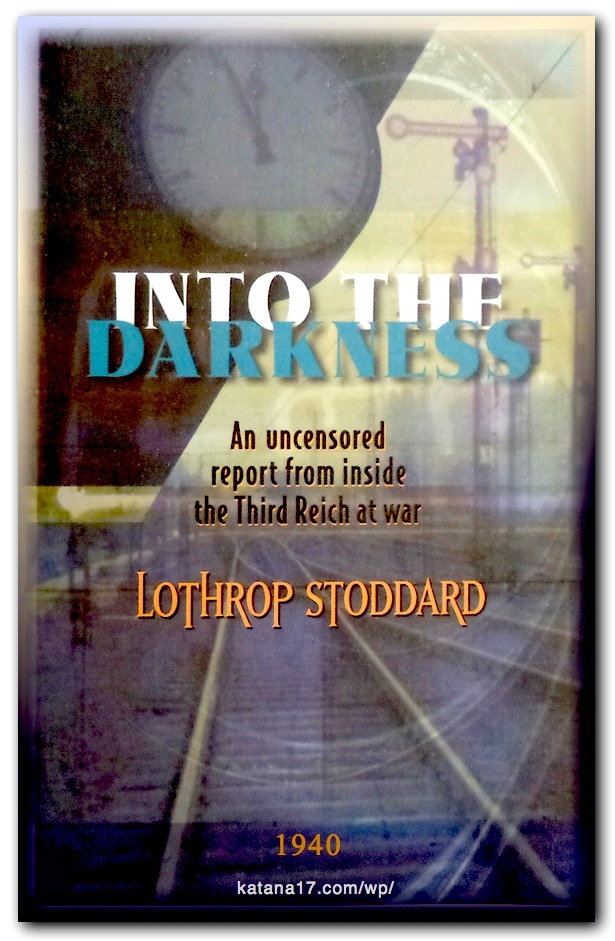
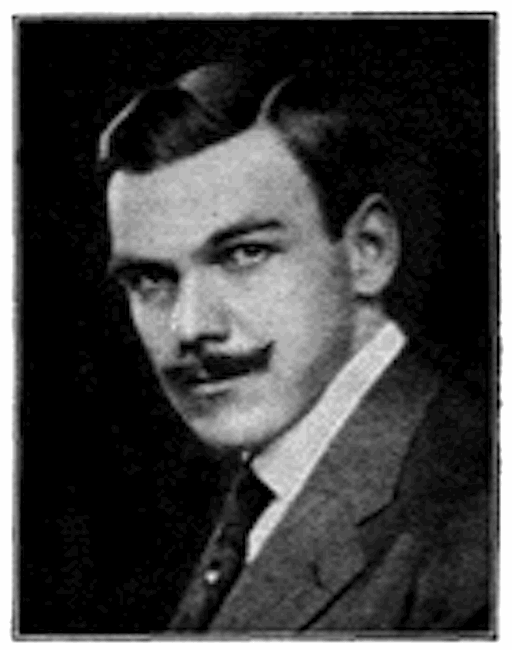
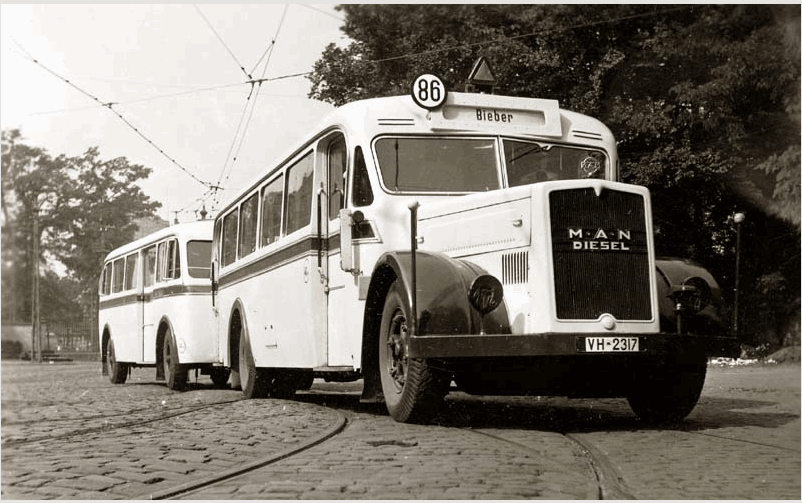
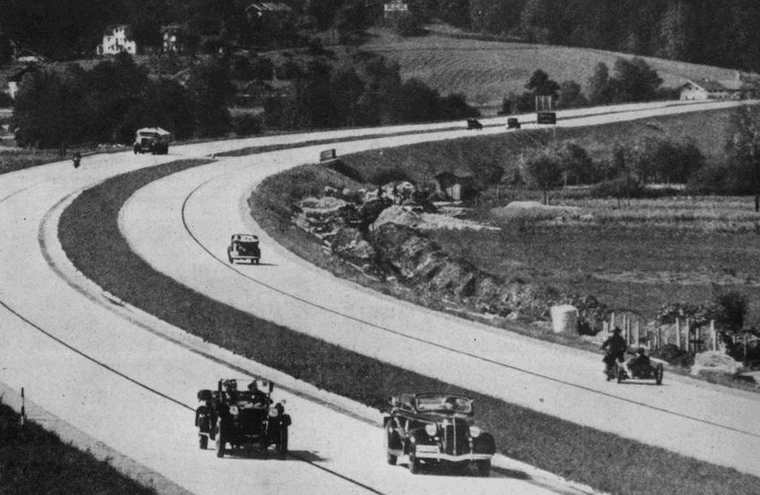
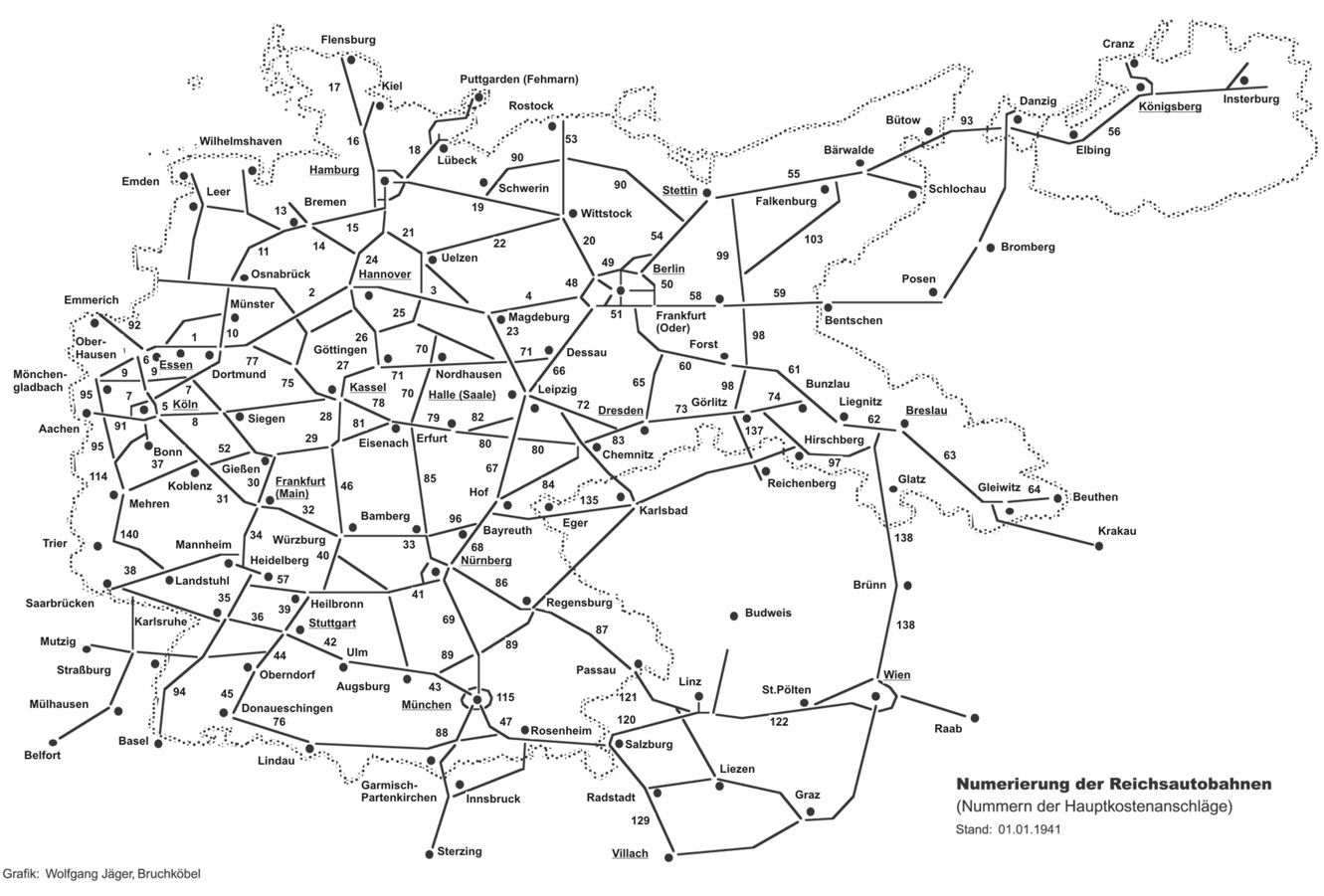
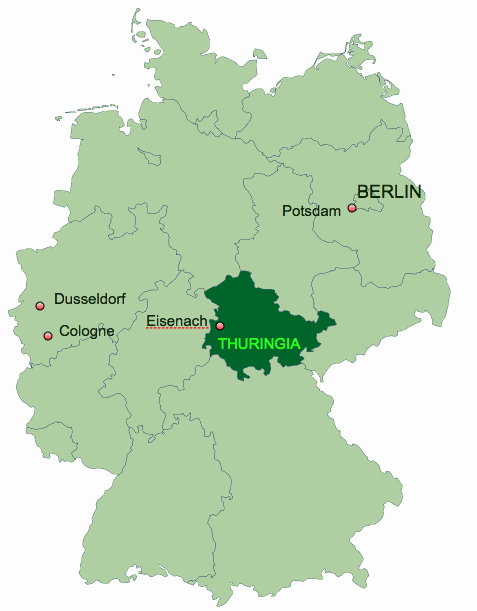
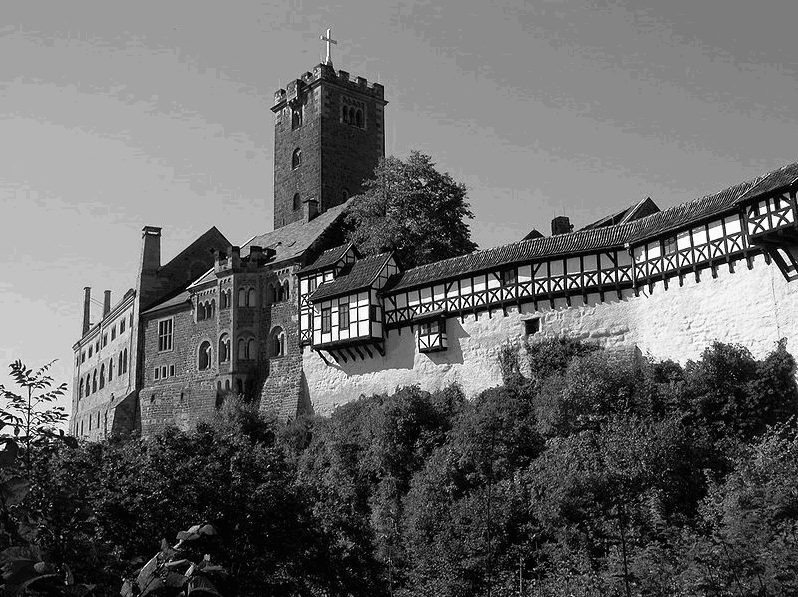
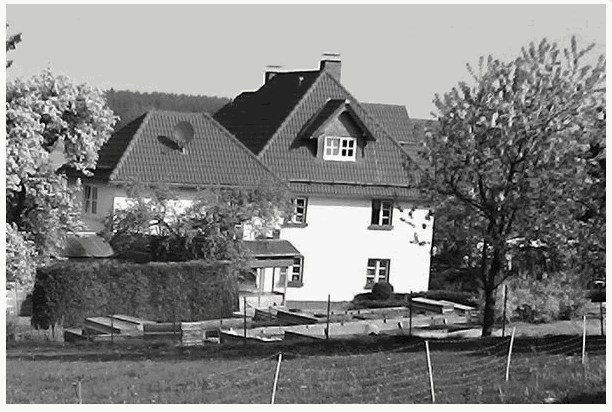
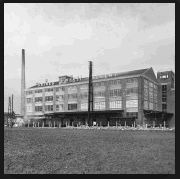
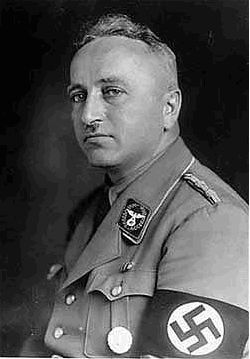
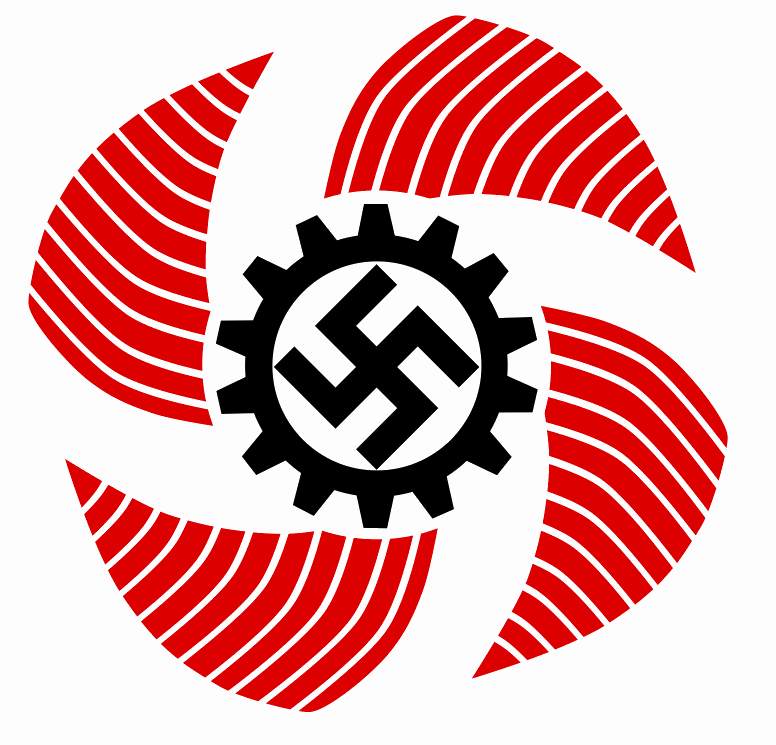
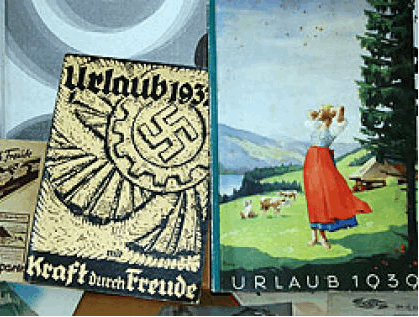
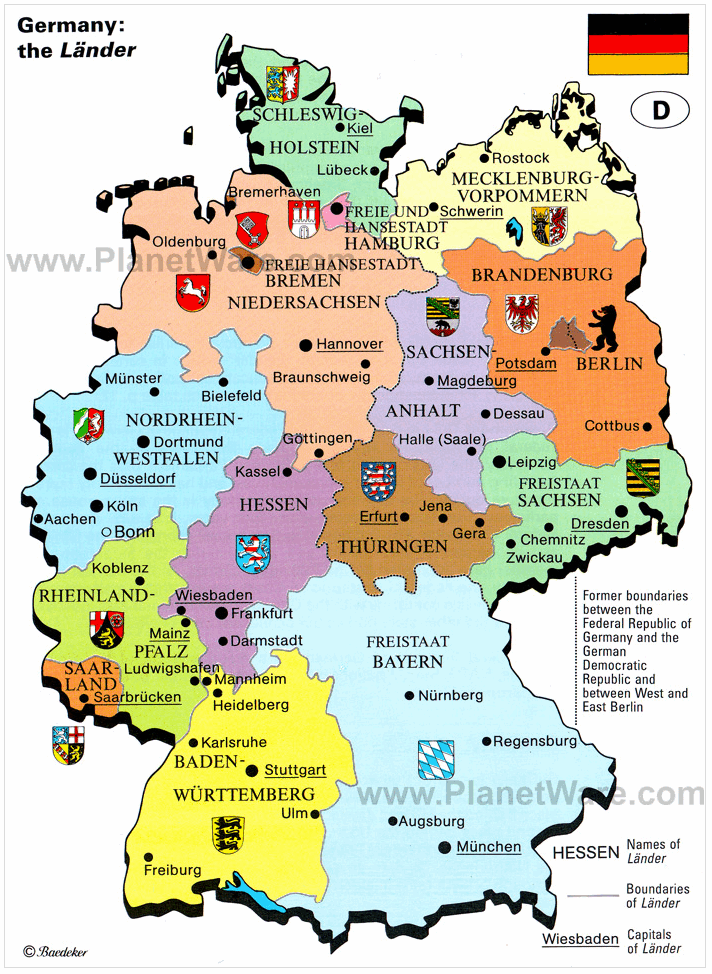
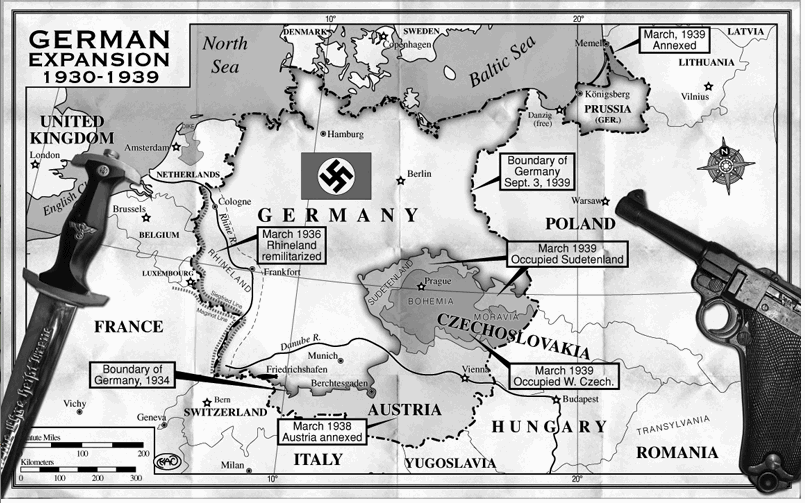
Pingback: Updates — Plain List - katana17katana17
Pingback: Into the Darkness : Chapter 3 – Getting on with the Job | katana17
Pingback: Into the Darkness : Chapter 1: The Shadow | katana17
Pingback: Into the Darkness by Lothrop Stoddard – Book Review | katana17